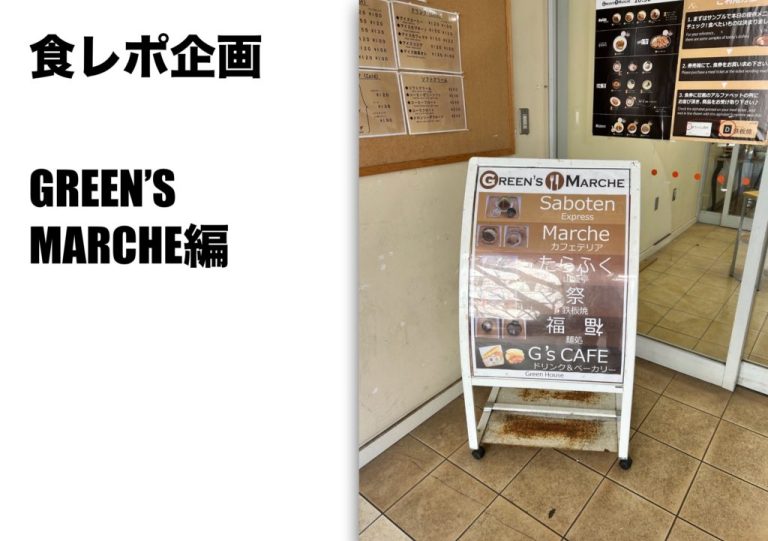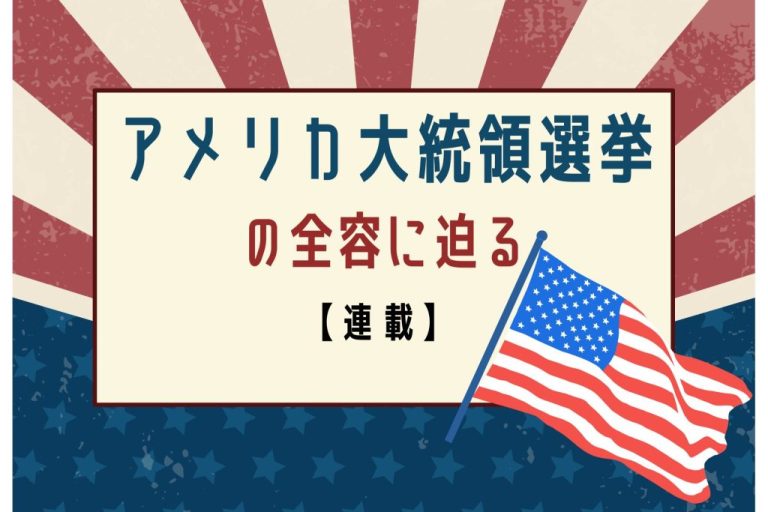
“I pledge to be a President who seeks not to divide, but to unify”.
November 7th, 2020. In his 2020 election victory speech, Joe Biden strongly vowed to “unify” the country. Though this marks a hopeful start for the US, Biden’s speech articulates the ugly truth of our polarized nation. His speech puts emphasis on how the current division running through the US is casting a shadow on our future. Boris Heersink, a political scientist working as an assistant professor at Fordham University, showed great concern towards the nation’s future, claiming “There is no real clear solution. Increasingly voters are constrained in their own information loops – listening only to news sources that are in line with their own ideological leanings. This makes it very difficult for any politician to ‘break through’ to people who currently oppose them. Biden is a centrist and perhaps he can build some bridges but it will be quite difficult.”
Currently, the government’s response to the corona virus is accelerating the “division” in the US. John Sanchez, a member of the Bronx, New York Community Board 6, and a candidate for the New York Council District, dismissed the government’s handling of the pandemic, stating “We had nearly a quarter of a million people die in this country and many of these deaths were preventable if we had just listened to the science…The biggest failure of Trump was his response to the pandemic.” On the other hand, Heersink argued that “the Covid-19 crisis has caught almost all Western countries completely off guard and across Europe,” though he did criticize the former president stating “Trump’s effective denial of Covid-19 as a very serious and highly contagious virus has likely caused a lot of people to not take the kinds of precautions that they should have.”

Moreover, racial discriminations and inequalities played a “significant role” in the 2020 election; these are issues that accurately reflect the prevalent “division” in the US. Sanchez addressed this intricate issue stating “I don’t think any presidency can address racism. This is something that has been going on in our country since the inception”. Strenuous effort would be required to solve the persistent issues concerning racism. Furthermore, Sanchez expressed the need for reform in the administration; “What the presidency can do is just genuinely seeing people for who they are and being willing to help people regardless of their background … [the president] has to have a more inclusive messaging to reach the hearts of the people.”
Along with the need to “unify” the nation, critiques about Trump’s four years of presidency were brought up as a controversial issue in the 2020 election. Reflecting on the four years of Trump’s presidency, Heersink believes there were some accomplishments; “Trump’s biggest successes were passing major tax cuts, which predominantly were helpful for companies and people who made a lot of money already, and putting a large number of judges on federal courts, as well as on the Supreme.” However, Heersink dismissed Trump stating “What Trump promised in 2016 – getting rid of corruption, replacing Obamacare with a much better healthcare system – he largely has failed to achieve.”
Though Biden is poised to become the next president, Trump is defiantly refusing to concede the election results-challenges still await for Biden as new lawsuits are still being filed. Nonetheless, Heersink held an optimistic view for Biden, claiming “It is incredibly unlikely that Biden will not become president.”
If Biden were to become president without any impediments, how would Biden handle the nation’s relationship with Japan? Heersink speculates “the relationship will remain close. Japan has been one of the most reliable allies in the region for the United States, and Biden has every reason to keep close relations with Japan much like Obama and Trump did.”

Presently, there is a backlog of issues the US needs to tackle in order to overcome the obstacles and barriers revolving around the “division” in the nation. Bringing “unity” to this country is an urgent, yet troublesome task. Sanchez believes that “the polarization we have now is bad, but America consistently had polarization; there has always been division and differences of opinion. We need things that appeal to the people both left and right political spectrum… Biden’s task is to rain in some of the extreme language on both sides”.
Sanchez is currently working as a community leader to ameliorate the political polarization and the inequality gap between the rich and the poor. When questioned what the new administration should focus on to improve poverty, Sanchez explained that “solving poverty is not going to be an overnight solution. One thing that the government can do is making housing vouchers; making that available for anyone that needs it. If the next president is able to this one simple thing, that could reduce poverty in the US by 20%.”
The future that for us awaits is unsettling and intimating, making us anxious and perplexed. However, it is up to us, our generation, to mold the future. So, what can we individuals do to improve the future? Sanchez commented “the future of our world is going to depend on people our age and younger. No matter what type of job you want to do, what career you want to pursue, you can make a difference in your neighborhood.” He suggested that “you should be involved in politics; you should be involved in government. We want you to be involved, engaged, and make your neighborhood better. We all should be wanting to make this a world where people would want to stay in. We only have one globe; so let’s keep it for our future generation as well.”
When asked the same question, political scientist Heersink advised us with basic steps in understanding politics; “politics is often a messy and unpleasant business. But it is also an important business, and it requires smart and decent people to step up and participate. It also requires all of us to be critical not just of our political opponents, but also of people that we agree with politically. Just because we are on the same side, does not mean we should let people get away with being untruthful, corrupt, or cruel in politics.”
(Mitsutoshi Ishino, Alisa Yamamoto, Nobuhiro Ebiduka)

This article has Japanese version.



